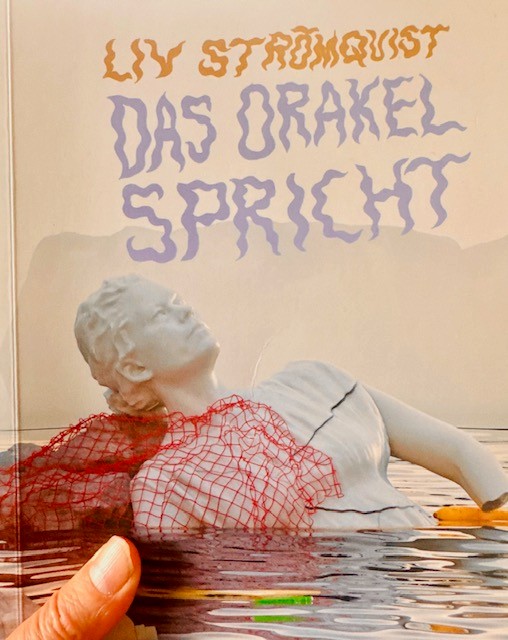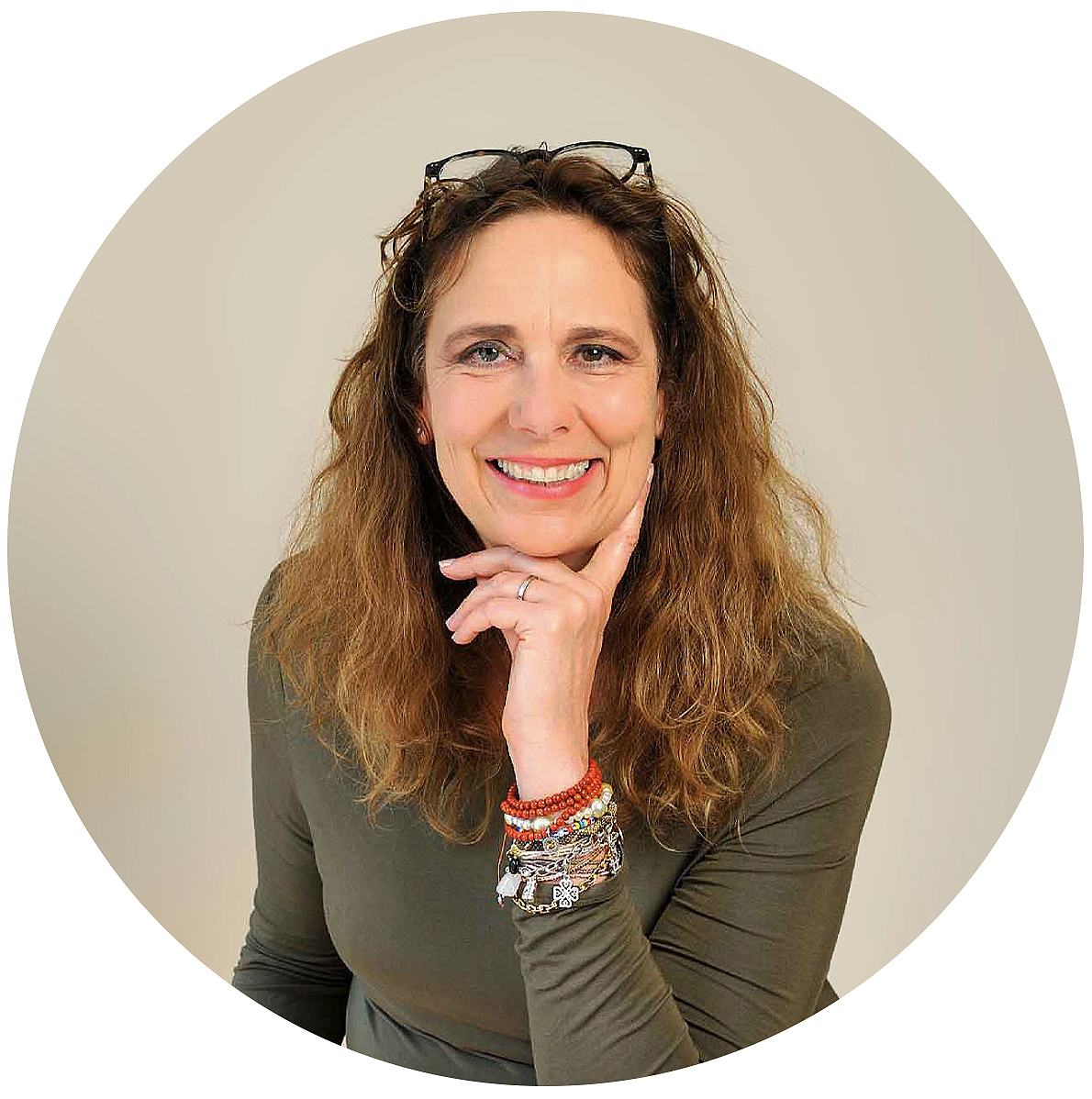
Happiness Is Not a DIY Project – Reflections on Liz Strömquist’s The Oracle

Nathalies Book Pick: Happiness Is Not a DIY Project – Reflections on Liz Strömquist’s The Oracle
We live in a time where one is made to feel – or rather, made to believe – that happiness is a do-it-yourself project.
You just need to know your goals, never give up, always believe in yourself, fall down, get back up, straighten your crown – and bam: everything will be fine. Happiness, they say, lies entirely in your own hands.
Sounds great. Hardly works. But hey – the self-help industry has to make a living somehow!
What usually remains instead is the nagging sense of always falling short, of doing something wrong. And if you fail in the Body-Mind-Soul optimization contest and can’t deliver the instagrammable life? Well, then you simply haven’t found the right guru yet! Exactly this madness is dissected by Liz Strömquist in The Oracle – witty, sharp, and both historically and scientifically grounded.
From Fortuna to “Fake it till you make it”
Back in ancient Greece, happiness was the realm of the goddess Tyche – better known by her Roman name, Fortuna. She was moody and unpredictable: sometimes she favored you, sometimes she didn’t. Today, by contrast, we’re told to take charge ourselves, to manage life according to an often endless to-do list. Small wonder that more and more young people are depressed, trying to learn from role models who themselves collapse under the same impossible demands.
And me?
I’ve been working as a coach for over 20 years. After reading the book, I briefly felt embarrassed about the name of my company and even considered a rebranding. Instead, I reminded myself of what I actually do – and why I now also offer therapy.
I don’t hand out quick tips from the latest hyped-up self-help literature. I work with Positive Psychology, which – unlike Instagram – goes back to the Greeks. For them, happiness didn’t mean “always think positive,” but rather the search for a meaningful life: learning to live with fate, chance, and unpredictability.
To this I add insights from Analytical Psychology, which views life as an organic process of growth in which we come closer to ourselves – precisely through our ruptures and contradictions. And finally, what Buddhism teaches: mindfulness, humility, and the art of not controlling life, but meeting it.
Hard Work Instead of Happiness Formulas
That’s hard work – no seven steps to success, no quick fix in pill form, no predictable process. Few things have reconciled me more with life than practicing kindness toward myself, learning to accept my imperfect world, and even cherish it. And this, for me, is where most self-help formulas fail: they squeeze happiness into neat little recipes while ignoring that life is complicated, contradictory, and at times simply painfully unfair.
I prefer to hold on to Rilke:
“I live my life in widening rings
that reach out across the world.
I may not complete the last one,
but I give myself to it.”
There’s more comfort and truth in that than in any glossy “Believe in yourself” poster.
And honestly? If the goddess of fortune, Tyche, still existed today, she’d probably already have an Instagram account under the handle @its_all_random.

